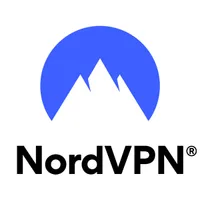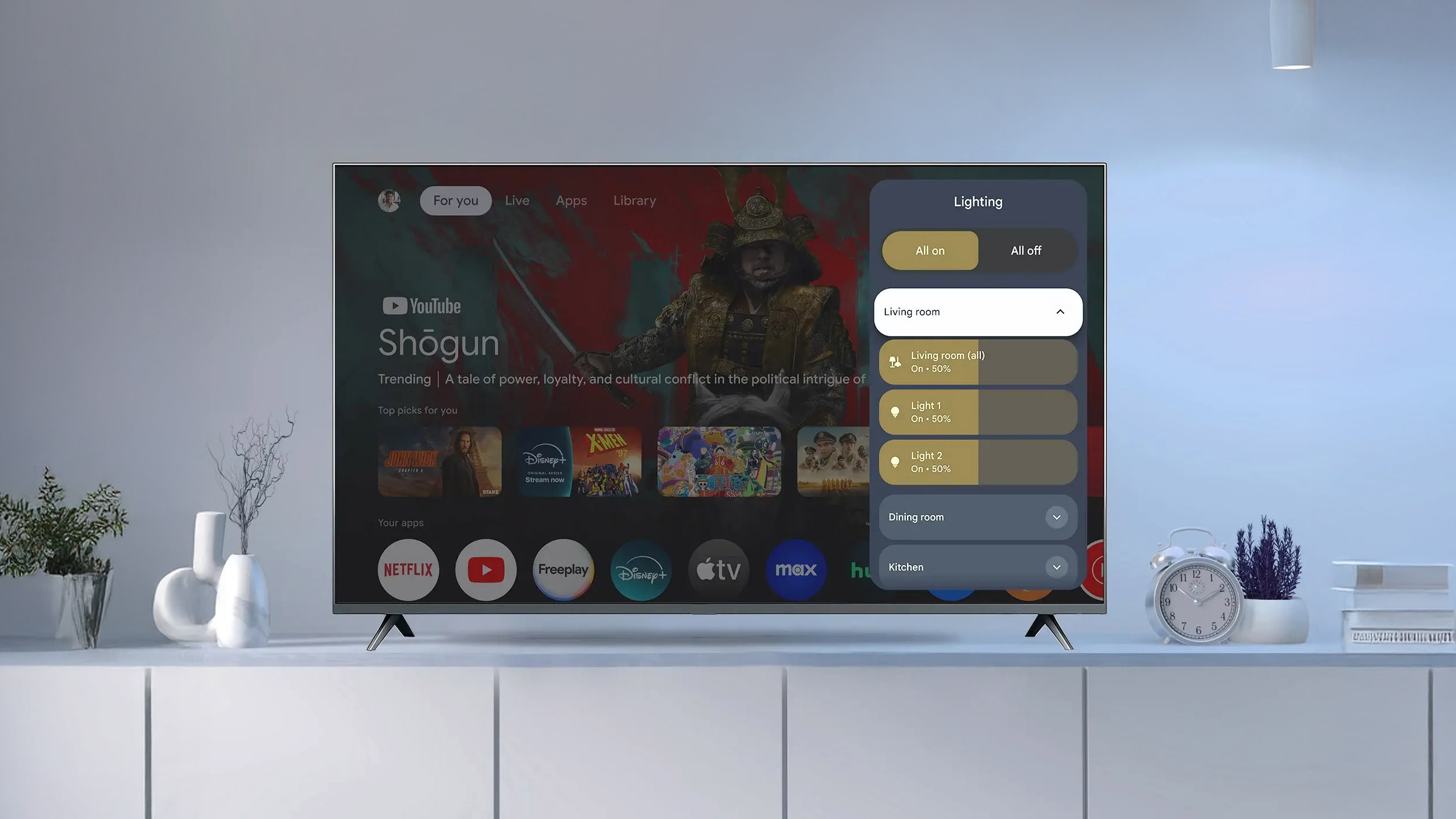Does VPN server count really matter?
You'll find this figure front and center – but does it mean anything?

The size and quality of VPN servers is one of the key selling points that differentiate leading VPNs. Server count can vary massively, going from hundreds to thousands, and even tens of thousands. But does this really matter?
Visit the homepage of just about any of the best VPN providers and you’ll be confronted with the seemingly very important figure of how many VPN servers it has. And, on the surface, you may very well assume that a massive amount of servers is a good thing.
However, like much of the marketing fluff that surrounds the VPN industry, there’s much more to a quality VPN than an abundance of servers.
Of course, there should be enough to go around, but server count arguably isn't the most significant factor when choosing a VPN.
We'll discuss whether VPN server count really matters, and what might be more important when it comes to choosing a provider.
Why do VPNs need multiple servers?
Starting off with the basics, it’s essential that VPNs have a range of different servers for a number of reasons.
Having physical servers in different countries enables users to virtually relocate themselves. If you’re in the UK and connect to a server named "Los Angeles", it’s highly likely that the server really is in LA. Of course, there are such things as virtual servers, but the vast majority of servers provided by the best services are physically located in the location they serve.
Depending on how many users are connected at any one time, a single server may get crowded and slow. This is why there will be a number of servers in each location.
If there are plenty to choose from, the VPN can intelligently direct users to the fastest server, ensuring good performance for every user.
Finally, each server can assign you to a number of different IP addresses. Beyond rotating your IP address to keep your identity anonymous, this is especially useful when it comes to the best streaming VPNs. Streaming sites block VPN users in a number of ways, but many blanket-ban swathes of IP addresses that have been associated with VPN use.
A provider with a wide range of servers – and therefore a wide range of IP addresses – will typically be better suited for unblocking streaming sites.
However, this isn’t always the case, and in our testing we’ve experienced VPN providers with modest server counts perform much more effectively than those with a gargantuan fleet.

Quality over quantity
The number of servers a VPN provider operates can fluctuate, but generally all of our top-rated providers consistently run at least over 1,000 servers worldwide. Some offer considerably more. Below, we’ll run down our favorite providers in order of preference and compare how many servers they run.
- NordVPN: 8,900+
- Surfshark: 4,500+
- ExpressVPN: 3,000+
- Proton VPN: 17,700+
- Private Internet Access (PIA): 20,000+ (reported, but undisclosed)
- CyberGhost: 11,700+
- IPVanish: 3,200+
- Mullvad: 578*
Our favorite VPN, NordVPN, has a server spread on the larger side when compared to its closest rival providers. It boasts over 8,900 in 129 countries and 178 locations.
Surfshark offers 4,500+ servers in 100 countries and 142 locations. Proton VPN has 17,000+ servers in 127 countries and 166 locations.
ExpressVPN has 3,000+ in 105 countries and 188 locations – the highest number of locations offered by any leading VPN. ExpressVPN also offers post-quantum protection and obfuscation for all its servers.
NordVPN's servers are capable of handling some of the fastest VPN speeds around, with it clocking 1,200+ Mbps in our testing. You'll be able to unblock all major streaming sites and each server is protected by class-leading privacy.
A select few NordVPN server locations include additional server features such as VPN obfuscation, Double VPN, Onion over VPN, P2P, and Dedicated IP servers. All servers that support the NordLynx protocol are also protected by post-quantum encryption.
Proton VPN has the largest number of verified servers – 17,754 the latest number. It has a particular focus on Africa, Asia, and the Middle East. It offers more locations in those regions than any other major provider. There's also 131 Secure Core servers and eight Proton VPN Free locations. Speeds are also very fast, topping 1,500 Mbps in our testing.
Surfshark has been steadily upgrading its fleet of servers in recent months. Its total count has risen from around 3,000 to over 4,500. It has launched 100 Gbps servers in certain locations and performance has also been boosted by the Everlink and FastTrack features. This was reflected in our recent speed testing which saw it clock 1,615 Mbps.
You will see the number of servers offered by a VPN provider vary, and almost all will cover the most popular countries and locations. However, ensuring your VPN has a good range of locations, all the latest security features, and servers that really work is far more important than the raw number advertised on-site.
How many servers do you really need?
When recommending VPNs, server count certainly comes into the picture – but it’s not a defining factor. We’d say that ExpressVPN's 3,000+ servers is at the low end, and when reviewing a service we’d consider anything lower than 1,000 a negative.
But, as mentioned above, server spread and quality are much more important. Mullvad's current server count of 578 is very low, however P2P is supported on all servers and there is a real focus on anonymity and "total privacy." It's also small but mighty. It recorded blistering speeds of 2,140 Mbps in our latest round of testing.
Mullvad usually has around 700 servers. However it removed all of its OpenVPN servers in January 2026 and its server count dropped by 137 as a result. We'd imagine Mullvad will replace these servers with more WireGuard servers in the near future.

What else should you be looking for?
It’s definitely worth taking a look at how many servers a VPN has, but other features will likely have a more tangible impact on your day-to-day usage.
First up, privacy and security should be at the top of your list – there’s no point in signing up to a VPN service that doesn’t cover these absolute basics.
Then, it’s worth considering what you’ll actually be using your VPN for. If you’re not a big TV streamer you likely won’t be looking for a Netflix VPN or BBC iPlayer VPN, but for many this will be a major attraction. The same goes for a torrenting VPN – does your chosen provider support P2P on every server?
Ease of use is also a factor. Hardcore techies will be able to forgive a complex UI if it affords comprehensive customization, but those looking to plug and play will favor simple, intuitive app design.
VPN | North America | South America | Europe | Africa | Asia | Oceania | Middle East | US |
NordVPN | 49 | 10 | 53 | 18 | 40 | 8 | 11 | 31 |
Surfshark | 34 | 10 | 54 | 6 | 32 | 6 | 5 | 24 |
ExpressVPN | 71 | 9 | 58 | 6 | 36 | 8 | 5 | 55 |
Proton VPN | 32 | 7 | 49 | 28 | 44 | 6 | 13 | 19 |
PIA | 60 | 9 | 46 | 5 | 25 | 7 | 6 | 50 |
CyberGhost | 21 | 9 | 54 | 6 | 30 | 4 | 7 | 11 |
IPVanish | 41 | 10 | 52 | 7 | 33 | 7 | 7 | 23 |
Mullvad | 25 | 6 | 41 | 2 | 10 | 6 | 2 | 20 |
VPN | Server Count | Countries | Locations |
NordVPN | 8,946 | 129 | 178 |
Surfshark | 4,500+ | 100 | 142 |
ExpressVPN | 3,000+ | 108 | 188 |
Proton VPN | 17,754 | 127 | 166 |
PIA | 20,000+ (rumored) | 91 | 152 |
CyberGhost | 11,700+ | 100 | 124 |
IPVanish | 3,200+ | 112 | 150 |
Mullvad | 578 | 50 | 90 |
(Data is correct as of January 2026)
What do we recommend?
NordVPN | 2 years | $3.39 per month
NordVPN is our favorite VPN right now. Packed full of features, it boasts over 8,900 servers in 129 countries. There's also a great range of speciality servers. No matter which server you connect to, you'll be protected by class-leading privacy and fast VPN speeds. A 24 month plan starts at $3.39 per month ($81.36 upfront pre-tax) and comes with a 30-day money-back guarantee.
Is it the same for free VPNs?
The server size of the best free VPNs can't compare with those of premium providers. However the servers are secure and your privacy and security won't be at risk.
Our favorite free VPN, PrivadoVPN Free, has 13 server locations in 10 countries – covering North America, South America, and Europe. This is a generous spread for a free VPN and its speeds top 1,000 Mbps. You have total control of which server you connect to, although there is a 10 GB monthly limit in place.
Windscribe Free offers the same spread of servers, with 13 locations in 10 countries. Like PrivadoVPN Free, you have control of your server choice and a 10 GB monthly data allowance – alongside speeds of around 500 Mbps.
Proton VPN Free is also a great free VPN choice in terms of privacy and its unlimited data allowance , but its server offering is a real negative. There are only eight server locations and you can't choose which server you connect to.
We test and review VPN services in the context of legal recreational uses. For example: 1. Accessing a service from another country (subject to the terms and conditions of that service). 2. Protecting your online security and strengthening your online privacy when abroad. We do not support or condone the illegal or malicious use of VPN services. Consuming pirated content that is paid-for is neither endorsed nor approved by Future Publishing.

Mo has been rigorously testing, reviewing, and analyzing VPN services at Tom’s Guide for more than five years. He heads up the three-person Tom's Guide VPN team, and is passionate about accessibility: he believes that online privacy should be an option that’s available to everyone. NordVPN and ExpressVPN are the products he uses most on a daily basis, but he experiments weekly with all the top services, evaluating their privacy features, connection speeds across various protocols, and server reliability – among other things – so that he can make confident VPN recommendations that are backed by data. To see his latest advice, head over to Tom’s Guide’s best VPN and best free VPN guides.
- George PhillipsStaff Writer
You must confirm your public display name before commenting
Please logout and then login again, you will then be prompted to enter your display name.
 Club Benefits
Club Benefits






